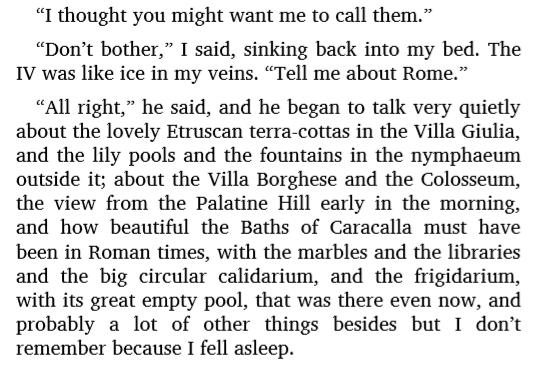
But it appeals to non-graduate readers too. Everyone who has ever been to university loves this peculiar subgenre, in which we can relive our earliest years of pretend adulthood. The college where the novel is set is just the picture: white clapboard and green shutters, a clock tower and ivied brick, the autumn glow of Vermont. It has all the best elements of the campus novel. At the (fictional) university of Hampden it admits us to Julian Morrow's select class of Hellenophiles and allows us to commune with the most alluring civilisation of all.ģ. But the novel, through its narrator, is also in love with Greek philosophy and history, with Homer and Plato. The main characters believe so strongly in the power of these myths that they find themselves enacting one of them. Donna Tartt proves the truth of what literary parents piously tell their children: nothing can beat the Greek myths.

As we read The Secret History, we don't so much wonder what might happen as worry about what will happen.Ģ. Coleridge said that Shakespeare always made apprehension predominate over surprise, and this is what Donna Tartt does. "This is the only story I will ever be able to tell." We will have to read on to find out how he could have done such a thing. He appears to have got away with it – and yet to be haunted by it.


The novelist's first trick is also her best: in a prologue, her narrator, Richard Pappin, tells us of the murder of Bunny, a crime "for which I was partly responsible".


 0 kommentar(er)
0 kommentar(er)
